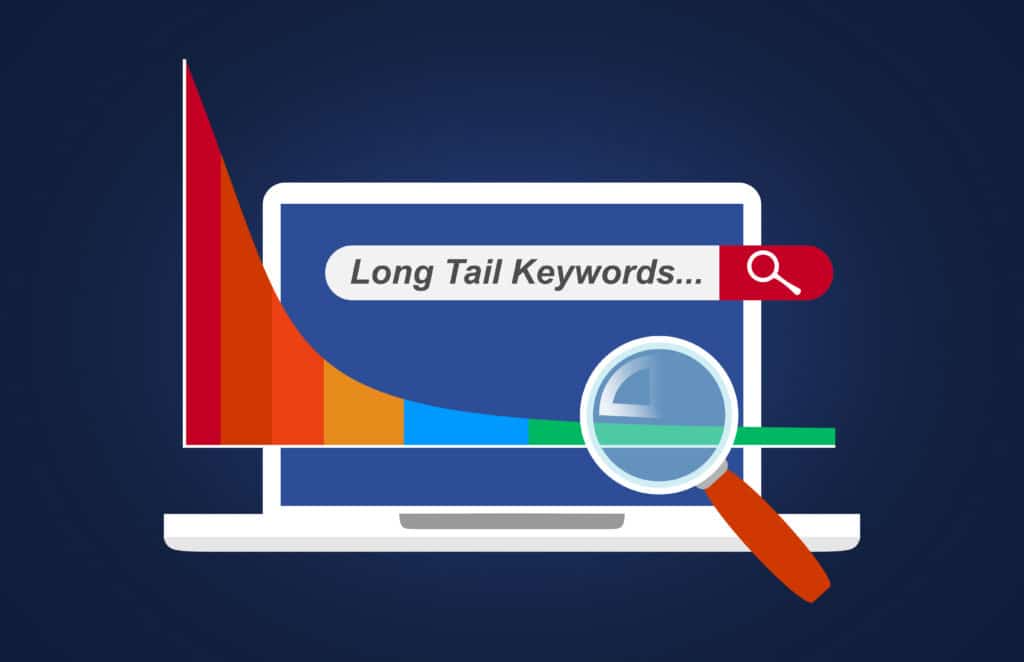
In the ever-evolving landscape of SEO, many business owners often find themselves grappling with a variety of questions. One question that frequently arises is whether the word count on your web page truly matters for SEO. While it is tempting to believe that longer content is best, there is much more nuance to it than you might realize.
At Performance Driven Marketing, we understand the unique challenges that you may experience when trying to improve your SEO ranking, including whether you want to increase word count on your web page. If you are trying to improve your SEO rankings and you would like to better understand the role word count on your web page plays in this, keep reading to see what professionals at Google, as well as our team, have to say.
Does Your Word Count on Your Web Page Impact Your SEO?
When asked whether the word count on your web page is important for your website’s SEO ranking, Google’s Senior Search Analyst John Mueller said that the number of words on a webpage was not a quality factor in determining SEO ranking. Additionally, he stated that simply adding more text to the page didn’t automatically make it better in Google’s eyes.
This means that while it is important to have a considerable amount of information available to users on your pages, that isn’t going to be enough to push the content with their algorithm. While Google is looking through the information on your web page, there are many other factors they are considering to determine whether the content you have provided is worth promoting.
What Factors Impact SEO?
If word count on your web page isn’t such an important factor in your website’s SEO ranking, what factors are responsible for dictating how successful your ranking will be? There are several factors that Google takes into consideration when evaluating your website. These factors include the following:

Keywords
When creating content for your website, it is important to ensure you are using relevant keywords to help this content rank. However, a single keyword may not be sufficient enough to help you rank. The keyword you choose to use should be incorporated into the text in organic ways that help flag additional keywords.
For example, while you may want to use a keyword such as “online marketing services,” keywords like this are incredibly plentiful on search engines. Instead, you should aim to use long-tail keywords that can help attract people who are looking for very specific information and are closer to a point of purchase.
Instead of choosing only to target the keyword “online marketing services,” you should instead consider aiming to target “online marketing services in Ogden, Utah.” This use of a more specific keyword can help you connect more appropriately with your desired audience. These keywords are the kind of keywords users are typing into Google as they get closer to choosing a product or service that is appropriate for their business.
Content Structure
When assessing your content to determine SEO rankings, Google looks at the structure of your webpage. With structural elements such as appropriately labeled headings, Google can better understand the content on your page to determine which users to drive to your website. However, without these headers, it may be difficult to push users to your website.
When choosing your headers, it is important to avoid stuffing them with keywords just for the sake of ranking well. Your headers should, instead, help organize the information on your web page. Your headers should give users a clear idea of what information each section of the web page is going to convey.
Image Usage

As Google assesses the content on your web page, they also look for the use of relevant visual imagery to determine whether the web page is a reliable source of information. The use of appropriate visual imagery is important for your web page for a couple of reasons. First, this use of imagery breaks up long blocks of text, giving users a visual break and aiding visual learners as they read.
Additionally, Google and other search engines determine the use of images when determining where your page will rank on image search result pages. By optimizing your content with relevant alt titles, descriptions, and file names, you can help boost your content’s rankings in image search results.
The Quality of Your Content
When trying to improve your SEO ranking, it isn’t just about the word count on your web page. The quality of the content on the page plays a major role in how your content ranks. Scrolling through the pages at the top of a SERP, you’ll start to notice a pattern. These web pages provide their users with high-quality, reliable content.
As you write content for your website, it is important to ensure that the information you are conveying is relevant and verifiable. Without reliable, relevant content, Google will quickly pass over your website and choose to push a website that is more reliable to users.
So Word Count Doesn’t Matter At All?
When taking all of these factors into consideration, it is only natural to wonder whether your word count on your web page matters at all. While Google says your word count on your web page isn’t a driving factor in your rankings, it still plays an absolutely crucial role in improving your web rankings. Without thorough, thoughtful content, Google may have a difficult time determining what your web pages are trying to convey.
With little information on a web page, Google may pass over your content and push a competitor’s more comprehensive web page instead. When writing content for your website, it is important to write enough information that your web page is considered a reliable source for search engine users. So, while word count on your web page is important, it certainly isn’t the only thing you should focus on.

Improve Your SEO with Performance Driven Marketing
While word count on your web page may play a partial role in the way your web content ranks, there are many other factors to consider when trying to rise through the ranks of SERPs. At Performance Driven Marketing, our team understands what aspects of your website can be improved to help boost your overall ranking.
In addition to our SEO services, we provide unique web development and design, content writing, graphic design, and much more to help you create the perfect web presence for your business. If you’re interested in learning more about how your current word count on your web page is impacting your SEO ranking, or if you would like to improve your overall web presence, contact us today to request a free web consultation.



